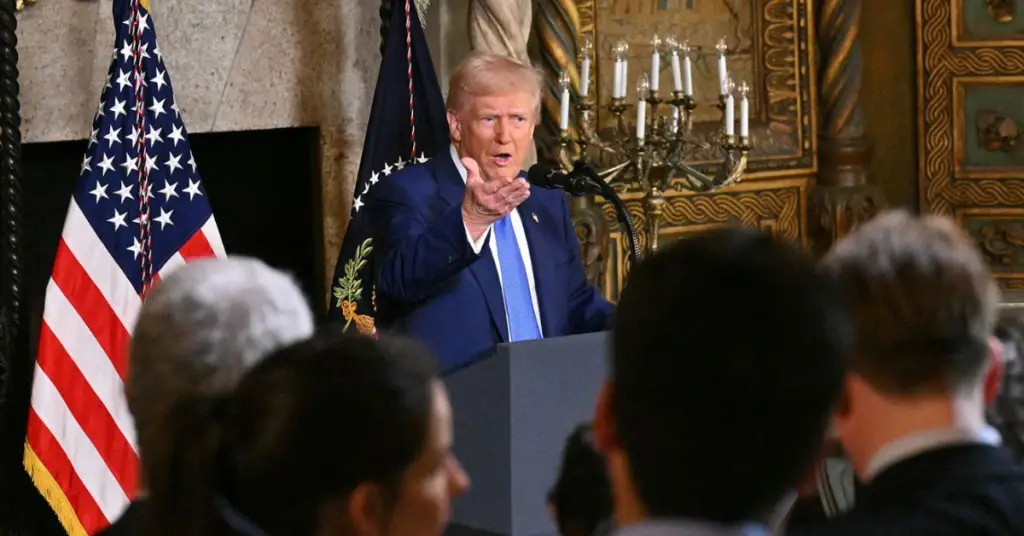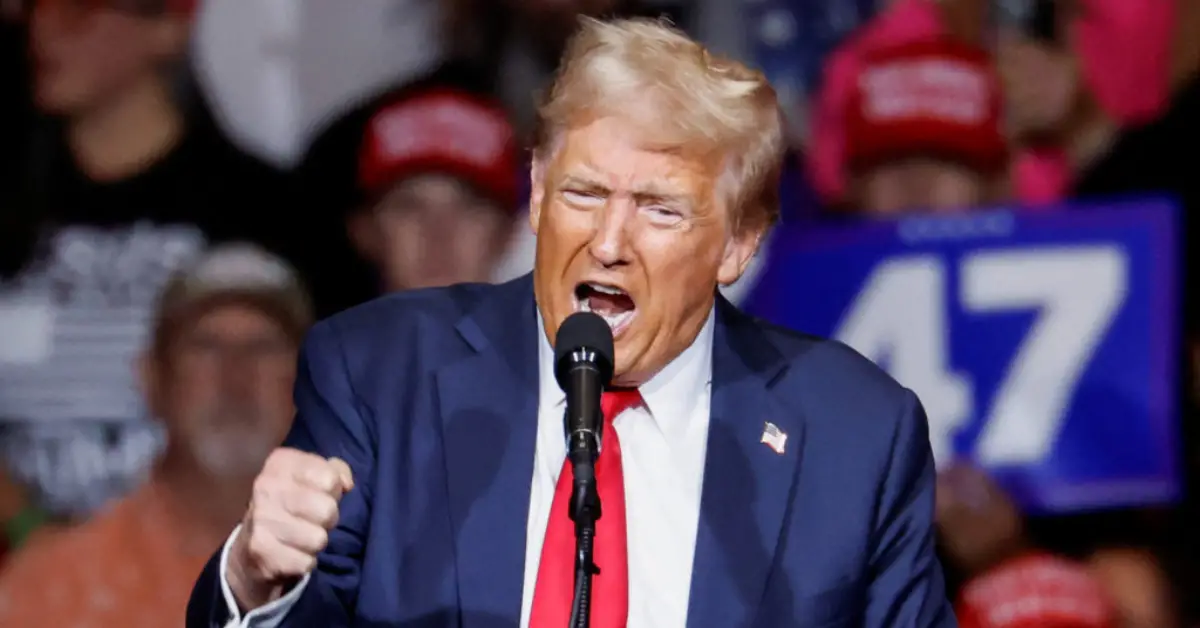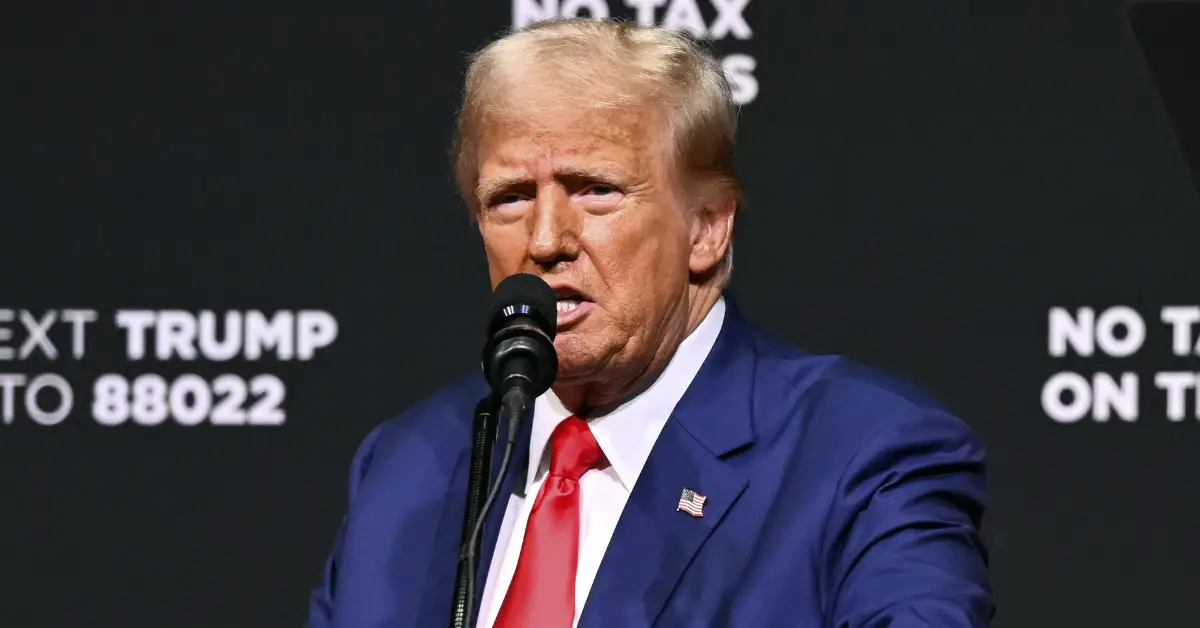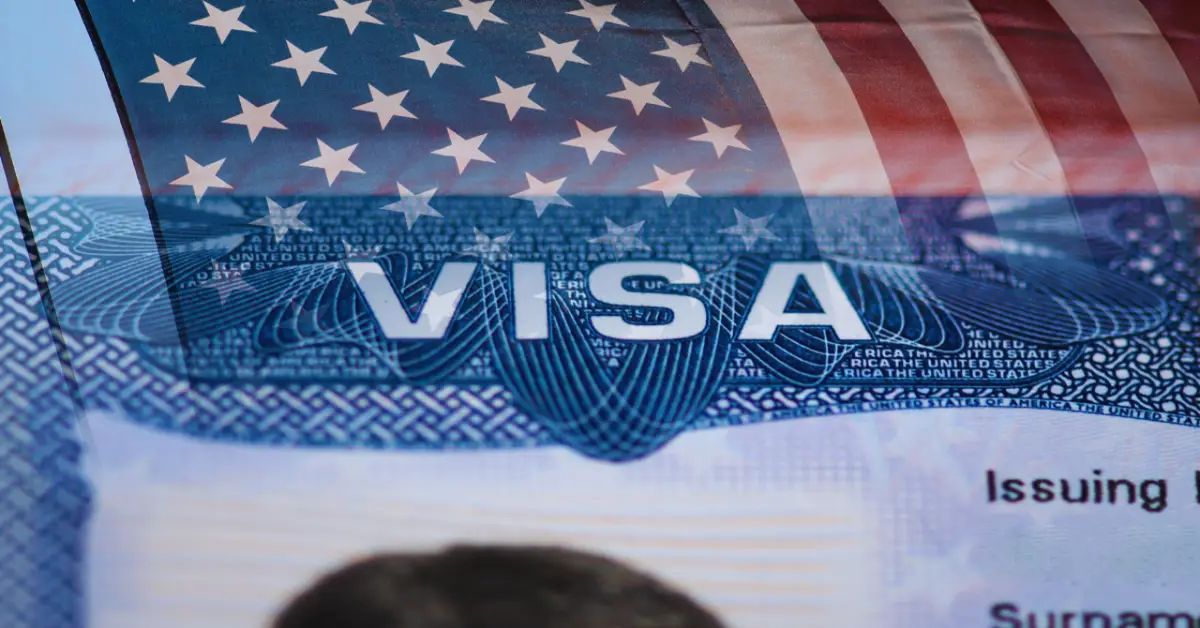In a shocking announcement, former President Donald Trump has revealed plans to close 30 U.S. embassies worldwide. The closures are set to impact both diplomatic relations and international security. Trump’s decision has sparked mixed reactions, with some expressing concern over the potential consequences while others support the move as part of his broader strategy to reshape U.S. foreign policy.
Reasons Behind the Decision
The closures are part of Trump’s long-standing agenda to reduce U.S. involvement in global affairs and prioritise domestic concerns. This decision is seen as an extension of his “America First” policy, which emphasised reducing the country’s military and diplomatic presence overseas. Trump has consistently argued that many U.S. embassies are unnecessary and wasteful, particularly in countries where American interests are limited.
Sources close to the Trump administration suggest that the closures are also a response to growing concerns over national security and the rising costs of maintaining overseas diplomatic missions. As part of his proposal, Trump is pushing for a reevaluation of U.S. foreign aid and military spending, aiming to redirect resources towards strengthening the nation’s internal security.
Impact on Global Relations
The move to close 30 embassies will have far-reaching consequences for U.S. foreign relations. Diplomatic missions play a crucial role in fostering international cooperation, resolving conflicts, and maintaining economic partnerships. The closure of these embassies may lead to a breakdown in communication with certain countries, complicating negotiations on critical global issues such as trade agreements, climate change, and international security.
Additionally, these closures could undermine U.S. influence in several regions. Countries that rely heavily on American diplomatic support may feel abandoned, and rival powers could seize the opportunity to strengthen their own influence in those areas. For example, regions such as Africa and Southeast Asia, where the U.S. has maintained a strategic presence, may see an increase in the influence of China and Russia.
Domestic Reactions and Criticism
Back in the United States, the decision has sparked heated debate. Supporters of Trump’s approach argue that reducing the number of embassies will save taxpayers money and allow the U.S. to focus on its own economic recovery. They believe that Trump’s decision aligns with his campaign promises to focus on domestic issues and avoid unnecessary entanglements abroad.

However, critics of the plan warn that closing these embassies could isolate the U.S. from the global community. They argue that such a drastic measure could undermine U.S. credibility and make it harder to address international crises, including conflicts in the Middle East and efforts to combat climate change. Many are also concerned about the safety of American citizens abroad and the loss of support that embassies provide in times of crisis.
The American Foreign Service Association, which represents U.S. diplomats, has voiced strong opposition to the closures, citing the importance of maintaining a global presence. The group argues that diplomatic missions are essential for promoting U.S. values abroad and ensuring the safety of American citizens and businesses overseas.
The Future of U.S. Diplomacy
As the U.S. moves forward with this controversial plan, questions remain about its long-term impact on the country’s diplomatic footprint. While the closures may reduce immediate costs, the broader consequences for global security and U.S. standing in the world are uncertain. It remains to be seen how other nations will respond and whether the U.S. will be able to maintain its influence on the global stage without a robust diplomatic presence.
Experts argue that U.S. diplomacy in the 21st century requires a balanced approach—one that combines strength at home with active engagement abroad. If the closures are implemented, it will mark a significant shift in U.S. foreign policy, with potentially far-reaching implications for both the United States and the rest of the world.
Conclusion
Trump’s decision to close 30 U.S. embassies is a bold move that will reshape the landscape of American diplomacy. While the financial benefits of such closures are clear, the potential risks to global relations and national security cannot be ignored. As the U.S. government moves forward with this decision, the world will be watching closely to see how it affects both America’s global standing and the future of international diplomacy.
Disclaimer: This article has been meticulously fact-checked by our team to ensure accuracy and uphold transparency. We strive to deliver trustworthy and dependable content to our readers.




